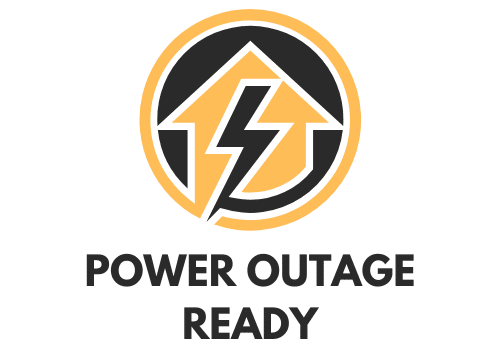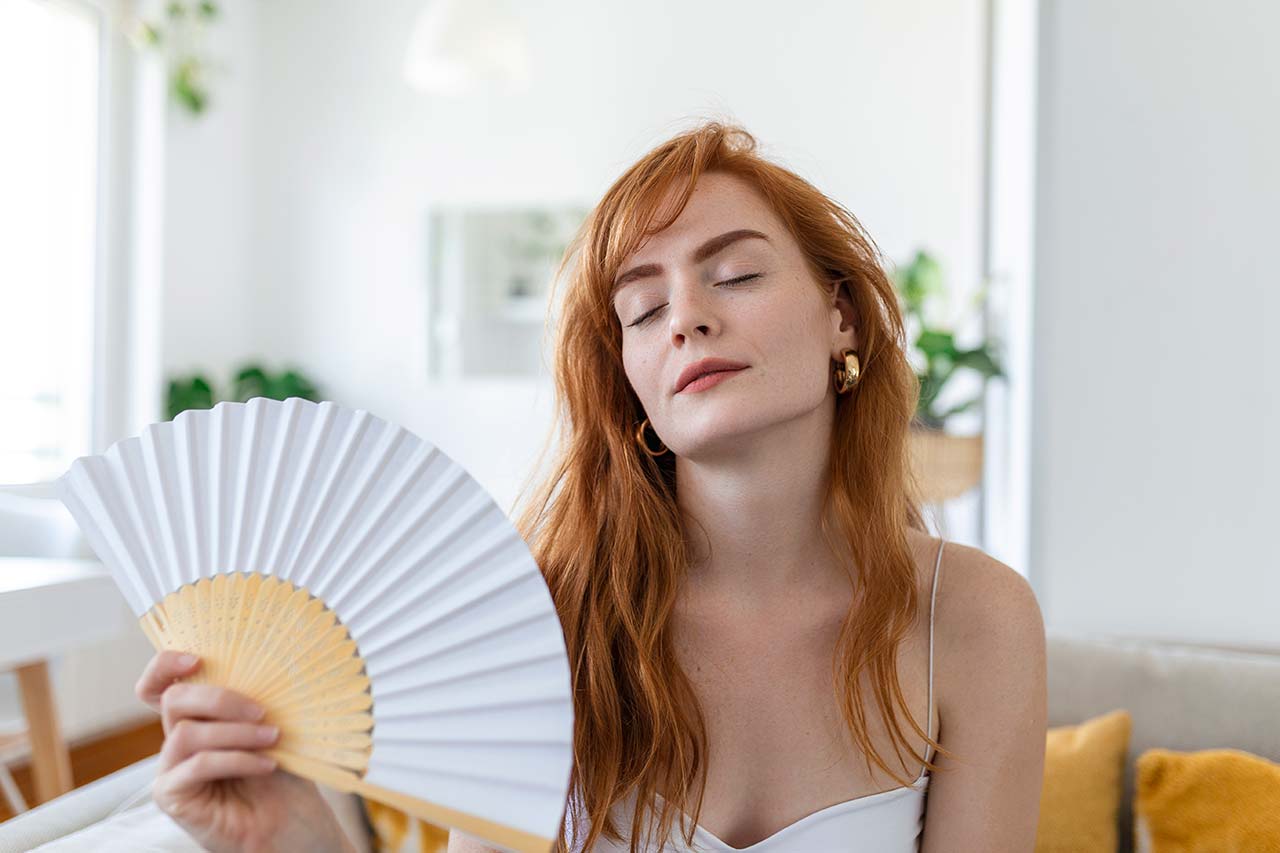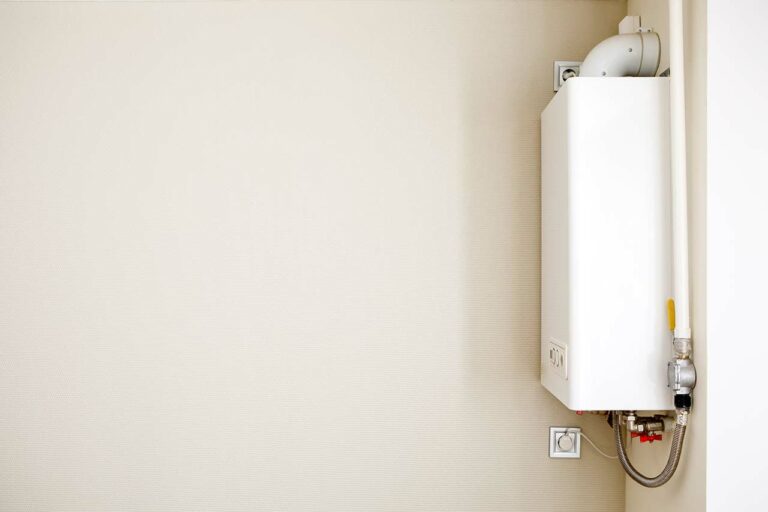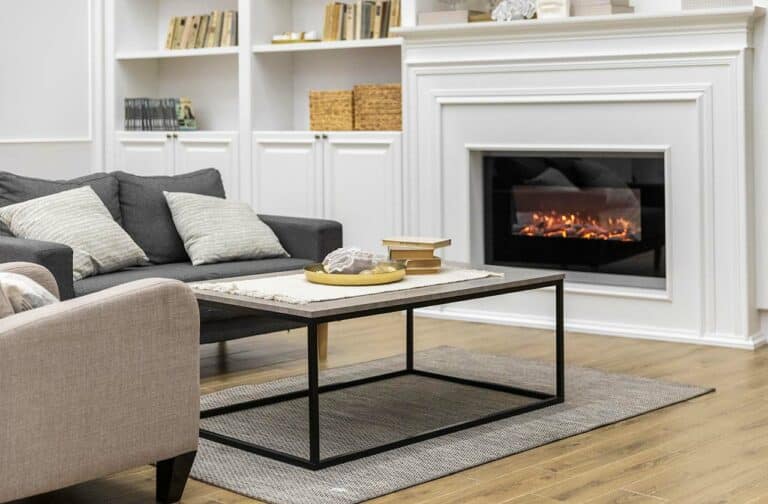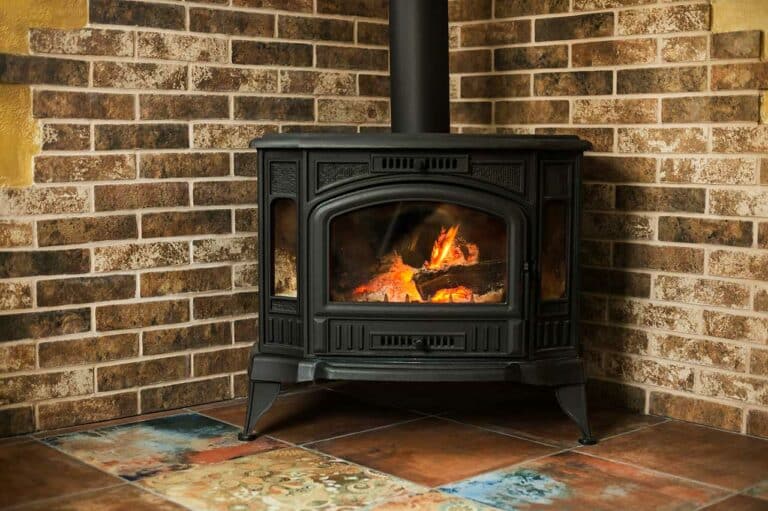How To Stay Cool Without Electricity (Emergency Tips)
In the sweltering heat, staying cool is a top priority, especially when facing a power outage. You might be wondering how to get some relief without blasting the AC or relying on fans. Well, have no fear. There are plenty of creative ways to keep comfortable and chill, even when the power’s out. It’s all about having the right tools, strategies, and a bit of ingenuity. By combining these elements and taking a few precautions, you can stay cool without electricity—and even maintain your sense of style along the way.
How Heat Affects Your Home
Heat can really impact your house during those scorching summer months. The sun’s rays beat down on your roof, walls, and windows, causing the temperature inside to climb. Understanding the ways heat affects your home can help you keep it cooler without electricity.
Let’s start with the source of most natural heat — the sun. sunlight is a major factor in heating up your house. When the sun shines directly on your windows, the glass allows a significant amount of heat to pass through, warming up your home’s interior. To combat this, you can keep those curtains drawn and consider using reflective window coverings to bounce some of that sunlight away from your house. But remember, it’s also important to let some natural light in, so don’t block it out completely.
Hot air from the outside can also creep into your home through gaps and cracks around doors and windows. Weather stripping is a great way to seal up those small openings, preventing warm air from getting in and cool air from escaping. Caulk is another handy tool for filling in gaps, so it’s a good thing to keep on hand.
The layout of your house plays another role in how heat is distributed. Some rooms might be naturally hotter than others, depending on their position in relation to the sun and the amount of ventilation they have. Keep this in mind when deciding which rooms to spend most of your time in during the heat of the day, especially during a blackout.
Humidity can also make your home feel even hotter, which can be extra problematic during blackouts which may be caused by storms or hurricanes that bring a lot of rain. Using battery-powered fans to create air circulation or opening doors and windows during cooler parts of the day can help reduce humidity levels inside your home, making your house more comfortable overall. But be cautious – too much humidity reduction can cause respiratory problems or damage to your home’s structure. Opening the doors or windows when it’s hotter outside than inside can also heat up your home when you’re trying to cool it. It’s all about finding that sweet spot.
Adapting Your Daily Routine to Stay Cool
While it would be nice if we could just keep things cool during a power outage, it’s not always possible or easy. Making a few adjustments to your daily routine can go a long way toward keeping you cool when the lights are out.
First and foremost, make sure you’re staying properly hydrated. Drinking plenty of clean water throughout the day is essential, especially during a heatwave without power. Dehydration can sneak up on you, so don’t wait until you’re thirsty to take a sip.
Now, onto clothing. Opt for loose-fitting clothes made of breathable fabrics like cotton or linen. The less you wear, the cooler you’ll be, so don’t be afraid to get down to your skivvies. You should already have the curtains closed anyway.
Now that you’re half-naked, remember the importance of pulse points. Applying ice packs or cold compresses to areas like your wrists, neck, and temples can help cool your body down quickly. As long as the municipal water supply is still safe, you can also try taking a cold shower to bring your body temperature down.
Last but not least, while you probably don’t want to disrupt your sleep schedule completely during a power outage, the longer an outage drags on, the more essential this may be. Try adjusting your sleep schedule to take advantage of cooler nighttime temperatures. If you can’t change your sleep schedule, at least make sure your sleeping space is as cool as possible. Using breathable bed linens and a battery-powered fan to circulate air can significantly improve your comfort levels.
So can putting a block of ice in your bed.
Hydration and Diet Strategies for Cooling Down
We’ve already talked about hydration, now let’s go a step further with electrolytes. They matter a lot during a hot-weather power outage. Keeping some electrolyte-heavy drinks, like coconut water and sports drinks, in your emergency food stash can make a big difference when a power outage hits mid-summer. Not only will these drinks keep you from getting muscle cramps and other unfortunate health issues caused by dehydration, they will actually make you feel more hydrated.
This is also a great time to stick to cold meals, like salads or sandwiches. They’re fresh, tasty, and won’t spike up your body temp. Foods like celery and watermelon which contain a lot of water, are also great for staying cool.
Other Simple Strategies for Staying Cool in a Power Outage
Stay Downstairs
You probably know heat rises, so keep that in mind when you’re picking where to hang out in your home during a power outage. Upstairs will be hotter, so, if you can, set up shop in the lowest part of your home during a summer blackout.
It’s a good idea to keep some sleep supplies, like camping cots, in your power outage emergency kit. That way, if you need to sleep downstairs, you can do so in reasonable comfort.
Evaporative Cooling
Humidity makes things warmer, but it can also work for you during a power outage. Hang some damp fabric—like towels or sheets—in front of open windows or doors. As the air passes through, the water in the fabric evaporates, helping to cool the room. A little DIY air conditioner right there! But it only works if the air you’re letting in is cooler or the same temp as the air inside your home.
Battery-Powered Fans & Air Conditioners
If you live in a place that gets very hot, it’s highly recommended that you keep some battery-powered cooling devices as part of your emergency power outage equipment. While these devices won’t have quite the power or affect of a larger fan or system connected to your home power supply, they can make a big difference when the temps really heat up.
Be Prepared To Keep Your Cool
As power outages can strike unexpectedly, especially during peak summer months when the grid gets overloaded, it’s essential to be prepared and know how to keep your cool – both figuratively and literally. By understanding how heat operates within your home, making slight adjustments to your routine, and having a few tricks up your sleeve, you can ensure comfort even when the power grid lets you down.
